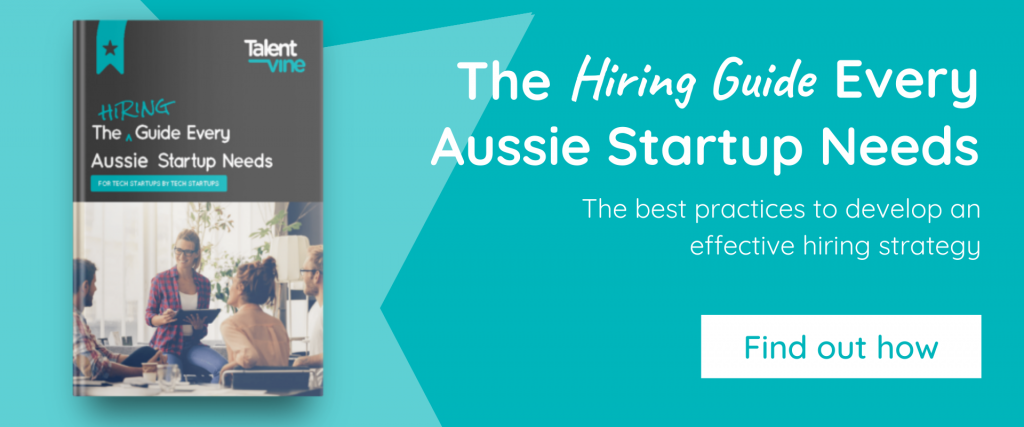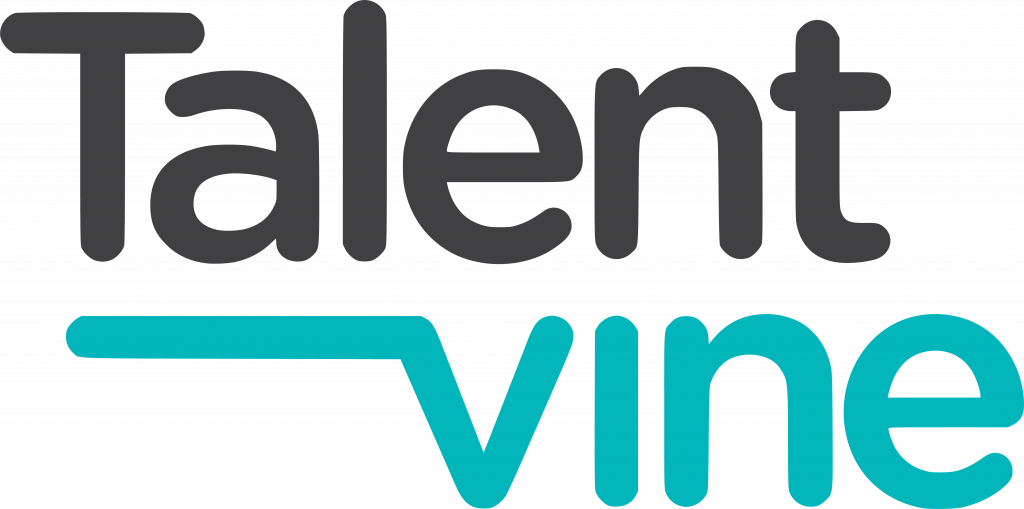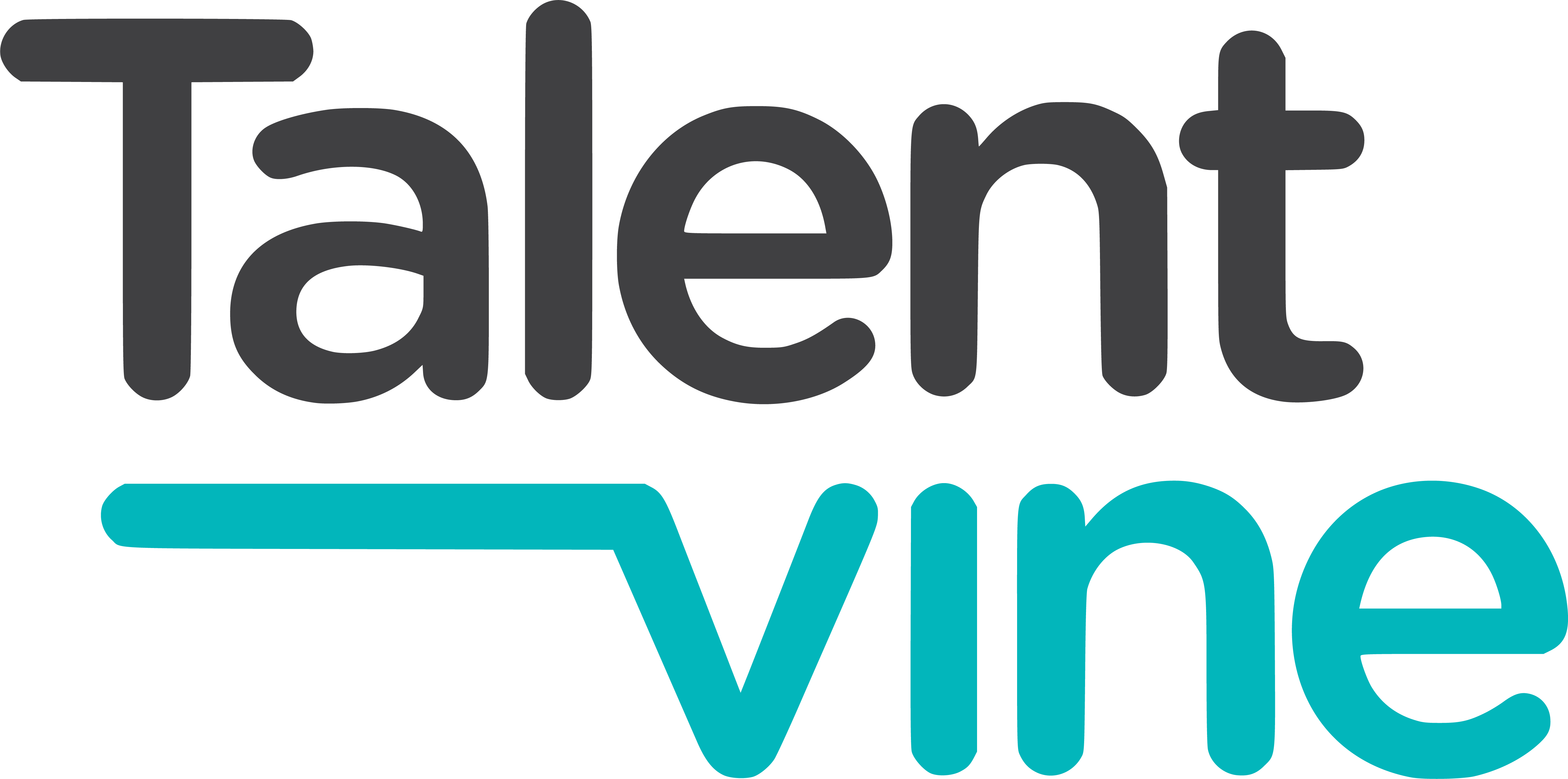A common trend that you’ve most likely seen is organisations describing their workplace as a ‘family.’ On the surface, this seems like positive employer branding as it conveys a sense of unity, friendliness and belonging. The truth, however, is that labelling your workplace as a ‘family’ can cause more harm than good.
Sure, certain family values like respect, empathy, caring and the like can positively affect workplace culture. But the truth is that leaders need to move on from this antiquated management style, and instead shift their workplace culture from ‘family’ to ‘team.’
How a Family Culture Can Be Harmful
As an employer, you want your employees to work well together and produce positive results. While a family culture can seem like the perfect way to foster relationships, this can actually be harmful to your workplace and your employees:
Personal and professional boundaries become blurred
Most employees don’t expect or want your organisation to be like a family. All of them will prefer to keep certain things private, yet the familial dynamic may create pressure to overshare their personal lives. Employees will seek to avoid strain in the workplace, particularly with management (who take on a parental role), and are put in an uncomfortable position as a result.
A harmful power dynamic
Conversely, for managers who think of their workplace as a family, this can often lead to treating employees like children. Today’s workforce wants to be empowered, trusted and involved, yet a familial culture can force a more traditional power dynamic to form.
Sense of loyalty can be detrimental
In most family dynamics, members will be loyal and help each other whenever possible. However, this is not always viable in a work setting, as the expectation to go above and beyond can become very draining, very fast.
This always-on, exaggerated sense of loyalty can open employees up to being exploited, whether it’s working unreasonable hours, taking on tasks unrelated to their roles, or committing unethical acts simply because they are in the organisation’s best interest.
In an environment like this, burnout is only a matter of time and productivity and performance will begin to take a hit.
Difficult conversations become even harder
In a family culture, letting an employee go or conducting a performance review will always feel personal. Employees may start to resent this if the expectation of acting as a family has been built up; you don’t fire a family member.
The relationship between an employer and its employees is temporary, and will eventually have to come to an end. When it does, the familial illusion will be shattered and makes having these decisions all the more difficult. The same goes for performance reviews and performance improvement plans. These are actions that need to be taken by a leader, not a family member.
What Employers and Managers Should Do Instead
So, if a family culture is not right for most organisations, then what is? Running a workplace like a sports team is much more beneficial. A team that accepts it is professional, temporary in nature, and united by a shared purpose will work much better, with managers acting as coaches, rather than parents.
Established, professional boundaries
Ensure that your team is clear on what is expected of them, and what their work hours are. Anything that lies outside of that should be clearly communicated.
If a team member is overwhelmed with work, or can no longer manage expectations, offer them clear options on what they can do to get back on track. Whether it’s taking time off or unloading some responsibilities onto others, your job as a coach is to nurture your employees to be the best they can be.
United by a shared purpose
Shifting the focus from family to a team means that “we’re in this together” becomes “we have the same purpose.” Framing a workplace this way ensures that collaboration, loyalty and a sense of belonging are still forged, but directed at a common goal. Of course, you should clearly define what this shared purpose is, whether it’s bringing about change and improving the lives of consumers, or as simple as making money. What are we trying to achieve, and what is each employee’s purpose in doing so? These are the questions you should be asking.
Temporary in nature
Managers and employees must be realistic about the nature of their relationship. It is transactional, and almost always temporary. In fact, the average Australian changes career 12 times in their lifetime. It is natural for organisations and employees to grow, and sometimes this will be in different directions. Clearly establishing this from the start is better for everyone involved. If an employee wants leave, and there’s no way use their skills elsewhere in the company, it’s best to acknowledge their contribution and respectfully send them on their way. Then set about finding a replacement.
To conclude...
The concept of a workplace ‘family’ is no longer relevant for many organisations. They can lead to blurred personal boundaries, a harmful power dynamic, exaggerated loyalty and some difficult decisions, none of which are good for business.
Family ties can be a hindrance to growth, and managing your workplace as a team can be a much more effective endeavour. Teams with established and professional boundaries, united by a common purpose and accepting of their temporary arrangement will fare much better in most cases.









